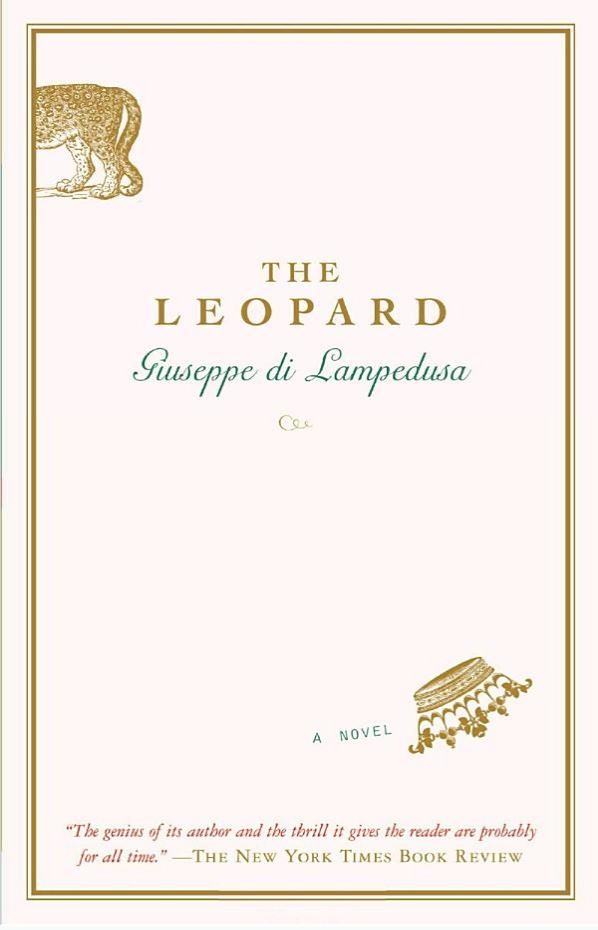

Trease is best known for writing children's historical novels, whose content reflects his insistence on historically correct backgrounds, which he meticulously researched. He is best known for the children's novel Cue for Treason (1940). His grandfather was a historian, and was one of the main influences on his work.

His work has been translated into 20 languages. 27, 1998, in Bath, England.(Robert) Geoffrey Trease FRSL (11 August 1909 – 27 January 1998) was a prolific British writer who published 113 books, mainly for children, between 19, starting with Bows Against the Barons and ending with Cloak for a Spy in 1997. Trease’s books have been translated into some 20 languages. His Tales Out of School (1949) was an influential survey of children’s books that called for raising the literary standards of the field. His nonfiction works for children include travel guides, histories, and biographies.

Trease also wrote a series of novels about modern teenagers at school, beginning with No Boats on Bannermere (1949).

In the 1930s Trease conceived of writing a new kind of socially aware historical fiction for children, “reflecting the changed values of the age.” Among his historical novels for young people are Bows Against the Barons (1934), about Robin Hood Cue for Treason (1940), set during the period of the English Civil War The Hills of Varna (1948), about the Italian Renaissance and Follow My Black Plume (1963) and A Thousand for Sicily (1964), both about Giuseppe Garibaldi. After studying for a year at Oxford, Trease worked as a journalist, social worker, and teacher. As a high school student, he excelled in history. In addition to novels for children, his more than 100 books included nonfiction for children and plays, novels, and nonfiction for adults. An advocate for improving the quality of children’s literature, Trease wrote well-researched stories that were praised for being both instructive and entertaining. English writer Geoffrey Trease pioneered in writing historical adventure novels for children that dealt with important moral and political issues.


 0 kommentar(er)
0 kommentar(er)
